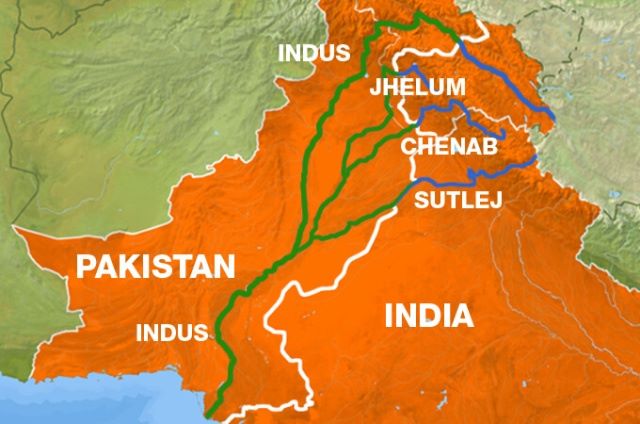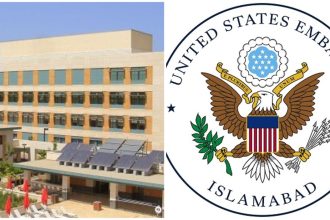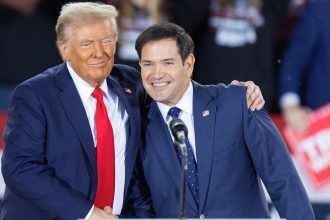India has sent a notice to Islamabad for amendments to the 1960 Indus Waters Treaty as it fears losing the disputed 330 MW Kishenganga and 850 MW Ratle hydroelectric projects at the Hague arbitration.
Pakistani officials held an important meeting on Tuesday to discuss India’s request to amend the 1960 Indus Waters Treaty through the World Bank. India extended the notification by invoking Article 12 of the Treaty.
Minister of Water Resources, Indus Waters Commissioner of Pakistan, Ministry of External Affairs (MOFA), Attorney General’s Office, Military Intelligence and ISI reviewed India’s statement and Article 12 of the Water Treaty.
The relevant authorities have also considered Pakistan’s response to the Indian intelligence that will soon reach New Delhi. Then it is published. “
The official said that Pakistan had not committed any significant violations of ITS, and therefore there is no need for India’s announcement of changes in ITS.
Article 12 of the agreement states that both parties have the right to request amendments. Still, if one of the parties does not accept the necessary amendments, the existing agreement will remain in effect. The official asked how Pakistan could violate the ILO as a low country. He added that upstream countries could violate treaties India has violated many times. Recent examples are the Kishenganga and Ratle projects.
Pakistan used all the methods mentioned in the Waters Treaty at the Secretary level of PCIW (Permanent Commission on Indus Waters). Then it got the World Bank to set up an arbitral tribunal. Following Pakistan’s request for a CoA, India also requested the World Bank to set up a neutral expert.
The World Bank declared a moratorium on December 12, 2016, halting the process of forming a neutral expert arbitration panel at the request of Pakistan and India. Instead, the World Bank advised the two countries to consider alternative ways to resolve their differences.
However, Pakistan has been pushing for the World Bank to break the moratorium on India speeding up construction work on the Kishenganga project. Although India did not stop the construction, it not only completed the Kisgengangas with an unacceptable design in violation of the treaty but also made it operational.
In 2017, India completed the poorly designed Kishenganga project after a one-year suspension by the World Bank and resumed work on the site of the Ratla hydroelectric project, the design of which did not comply with the Water Treaty. On April 3, 2018, Pakistan sent a letter to the World Bank stating that the World Bank’s suspension would give India time to complete the Kishen Ganga project.
However, six years after the suspension was declared, the World Bank announced in 2022 that it would establish an arbitration panel of neutral experts at the request of Pakistan and India. On January 27-28, 2023, the arbitral tribunal began a two-day hearing, angering India and forcing it to send a notice of modification to Pakistan. India believes that the neutral expert is the forum where the matter should be heard first, as the issue of scheduling inland waterway traffic violations is a point of difference and not a dispute. Pakistan’s claim that the design of the two projects violates inland waterway traffic rules is a point of contention, not a difference.
Now that the SC has started the procedure, the SC will have to decide whether the neutral expert is competent to hear the case first. India stated in anticipation of the CoA’s decision in favor of Pakistan, which could halt the construction of future projects on Pakistan’s rivers, including toll gates and spillways, the official said.
More importantly, the composition of the arbitral tribunal and the neutral experts are the prerogatives of the President of the World Bank or the Secretary-General of the United Nations. Now that the two forums have been established, hearing the case has begun. Therefore, India’s statement is aimed at undermining the legitimate struggle that has already begun, nothing more.






